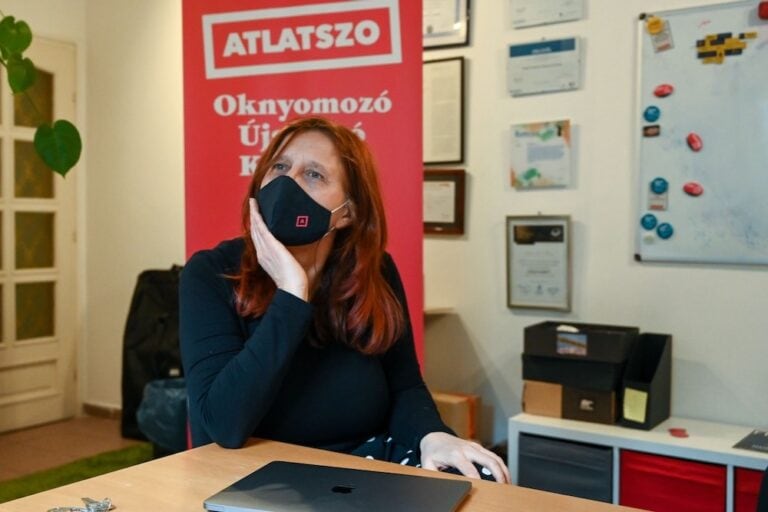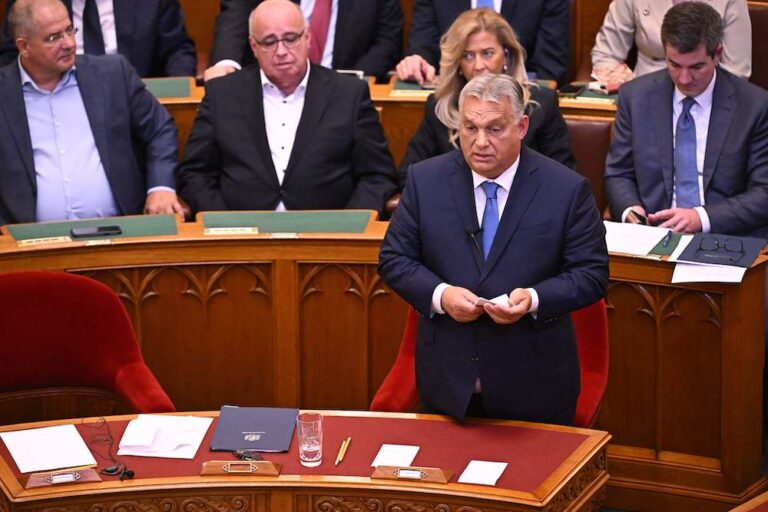The IFJ says the EU must examine the law and its implementation, not just regarding technical criteria, but also with respect to how it fits with the Fundamental Rights Charter.
(IFJ/IFEX) – 6 January 2011 – As leading European Union (EU) officials prepare for a mission to Hungary, the European Federation of Journalists (EFJ), the European group of the International Federation of Journalists (IFJ), today urged President Manuel Barroso and his team to analyse and change the country’s controversial new media law which the Federation claims is a breach of European law and violates principles enshrined in the Charter of Fundamental Rights.
The EFJ says the EU must examine the law and its implementation, not just regarding technical criteria as covered by the Audiovisual Services Directive, but how it fits with the Fundamental Rights Charter.
“We are convinced that it will be necessary to launch an infringement procedure against Hungary under Article 6 of the EU treaty, if the Hungarian government does not radically change the law as in place now,” says the EFJ in its letter to President Barroso.
Last month the EFJ warned that the law could expose journalists and media to extensive fines should they refuse to disclose their sources or if they publish content judged inappropriate or not “balanced” by a new media council of the Hungarian Media Regulatory Office.
“In effect, state bureaucrats and political representatives have been made the new editors-in-chief of Hungarian media,” said Arne König, the EFJ President. “It is absurd and completely inacceptable for any democratic country.”
The EFJ believes that it is not only the principle of journalism as a public good that is at stake in this matter, but also the credibility of the EU as a political institution defending human rights.
The legally-binding Charter of Fundamental Rights, which also covers media pluralism and free expression in its Article 11, is part of European primary legislation. The Commissioner responsible for the Charter, Viviane Reding, says it “is the EU’s own ambitious bill of fundamental rights.”
The EFJ has welcomed a statement by President Barroso yesterday that “the freedom of media is for us a sacred principle. It’s a fundamental principle,” but the Federation says journalists and media around Europe expect EU leaders take a stand in support of media rights and to seek from Hungary assurances that they will change the law and guarantee the citizens of Hungary their rights to free expression as set out in the Charter of Fundamental Rights.
The EFJ is strongly supporting its affiliate, the Hungarian Association of Journalists, in their demand for the media law to be suspended immediately while the EU carries out an official investigation into the law and its potential impact. They then expect changes to be made before the law is put back on the statute book.


